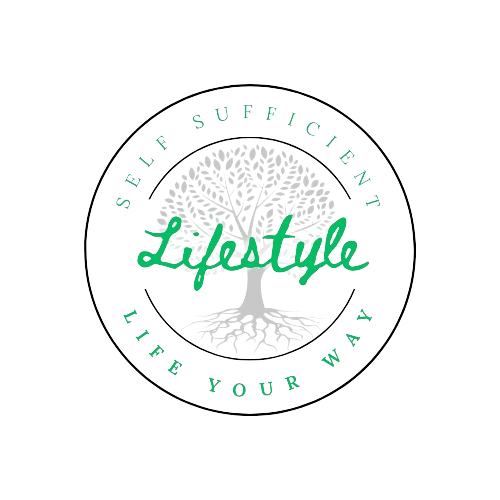
Welcome to the world of off-grid living, where self-sufficiency meets sustainability, and the rewards are as plentiful as the challenges. In this introductory guide, we’ll dive into the basics of off-grid living, exploring what it means to live off the grid, the unique challenges it presents, and the essential skills needed to thrive in this alternative lifestyle. Whether you’re dreaming of disconnecting from the modern world or simply curious about off-grid living, this post will provide you with the ABCs of sustainable self-sufficiency.
What is Off-Grid Living?
Off-grid living refers to a lifestyle in which individuals or households are entirely self-reliant for their energy, water, and waste management needs. Unlike traditional urban or suburban living, off-grid homes are not connected to municipal utilities such as electricity, water, or sewage systems. Instead, off-grid residents generate their own power through renewable energy sources like solar panels or wind turbines, harvest rainwater or use wells for water supply, and implement composting or other waste management strategies to minimize environmental impact.
The Challenges of Off-Grid Living
Living off the grid comes with its fair share of challenges, from navigating the complexities of renewable energy systems to managing limited water resources and dealing with the isolation that can come from living in remote locations. Off-grid residents must be prepared to tackle these challenges head-on, embracing creativity, resilience, and adaptability along the way.
The Rewards of Off-Grid Living
Despite the challenges, the rewards of off-grid living are abundant. By disconnecting from the grid, individuals can enjoy greater autonomy, independence, and freedom from utility bills and dependence on fossil fuels. Off-grid living also offers a deeper connection to nature, allowing residents to live in harmony with the natural world and reduce their environmental footprint. Additionally, off-grid living fosters a sense of self-reliance and empowerment, as individuals learn valuable skills such as renewable energy generation, water conservation, and sustainable agriculture.
Essential Skills for Off-Grid Living
Thriving off the grid requires a diverse set of skills and knowledge. From understanding renewable energy systems to mastering water management techniques and sustainable gardening practices, off-grid residents must be prepared to wear many hats and continuously learn and adapt to their environment. Some essential skills for off-grid living include:
– Renewable energy generation: Learn how to harness solar, wind, or hydro power to meet your energy needs.
– Water management: Develop strategies for harvesting rainwater, conserving water, and treating and purifying water for drinking and other uses.
– Sustainable agriculture: Cultivate a productive garden, orchard, or homestead using organic gardening techniques and permaculture principles.
– Waste management: Implement composting, recycling, and other waste reduction strategies to minimize environmental impact and promote sustainability.
– Basic construction and DIY skills: Build and maintain your off-grid home, infrastructure, and systems using basic carpentry, plumbing, and electrical skills.
So to conlude, off-grid living offers a pathway to a more sustainable, self-sufficient lifestyle, but it also requires dedication, resourcefulness, and a willingness to embrace change. By understanding the challenges, rewards, and essential skills of off-grid living, individuals can make informed decisions about whether this alternative lifestyle is right for them. Whether you’re seeking greater autonomy, connection to nature, or resilience in the face of uncertainty, off-grid living has much to offer for those willing to take the leap into sustainable self-sufficiency.
In this blog post, we’ve only scratched the surface of the ABCs of off-grid living, but we hope it has provided you with a glimpse into this fascinating and fulfilling lifestyle. Stay tuned for more in-depth explorations of off-grid living topics in future posts!

